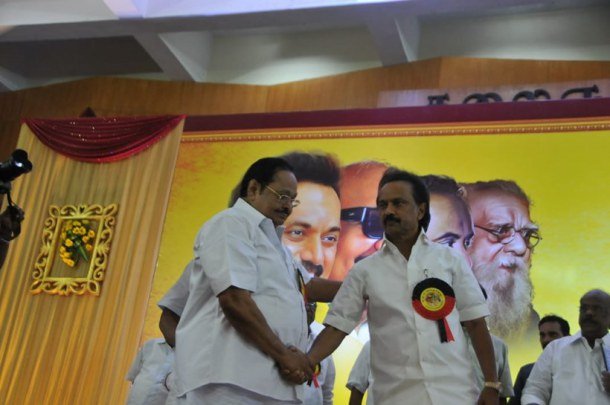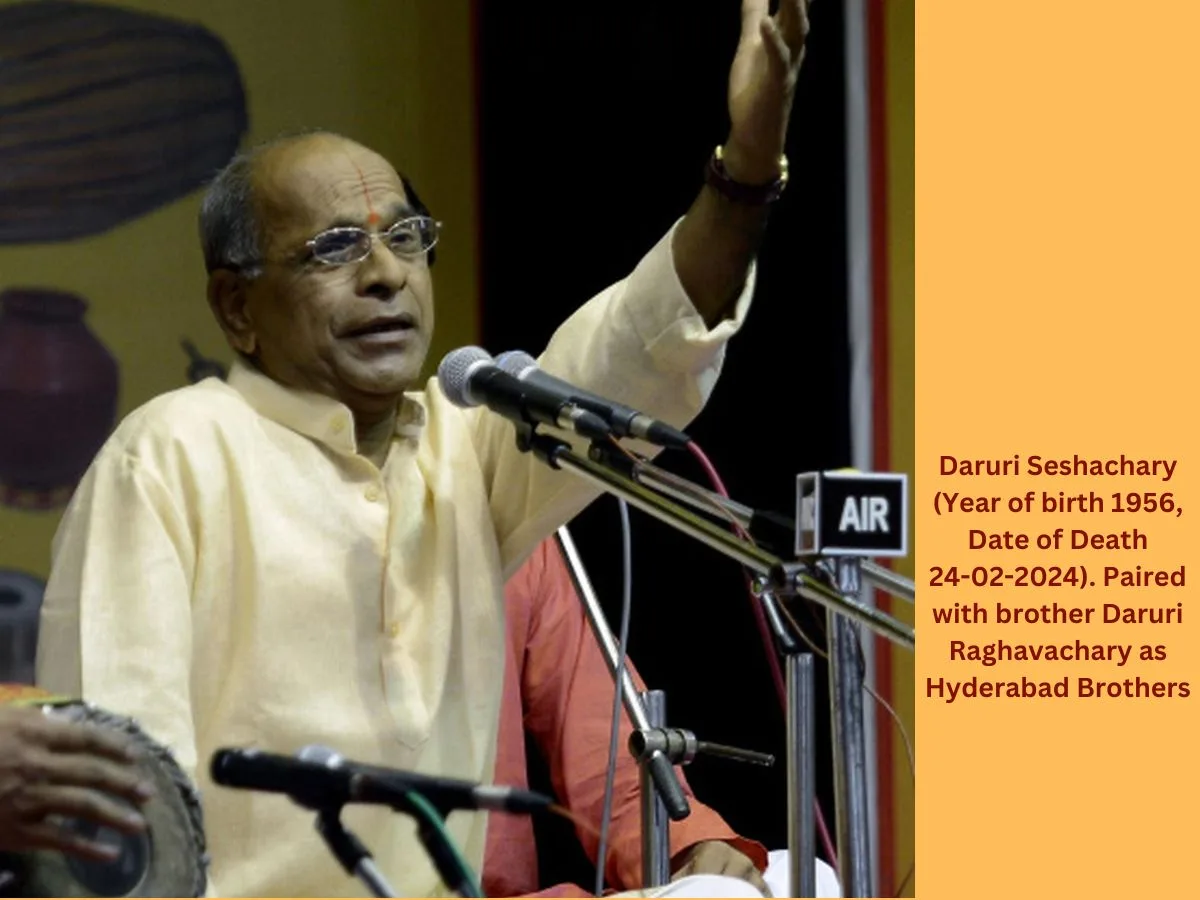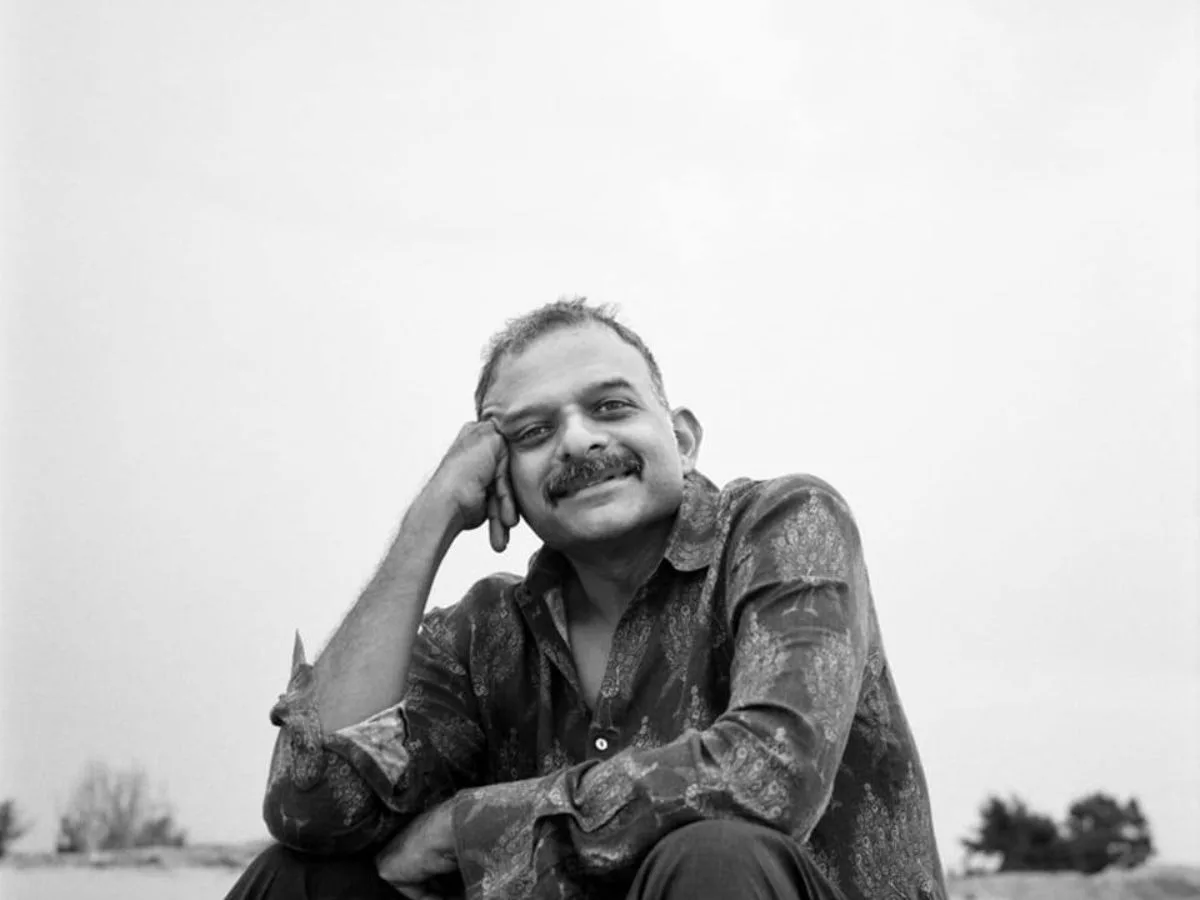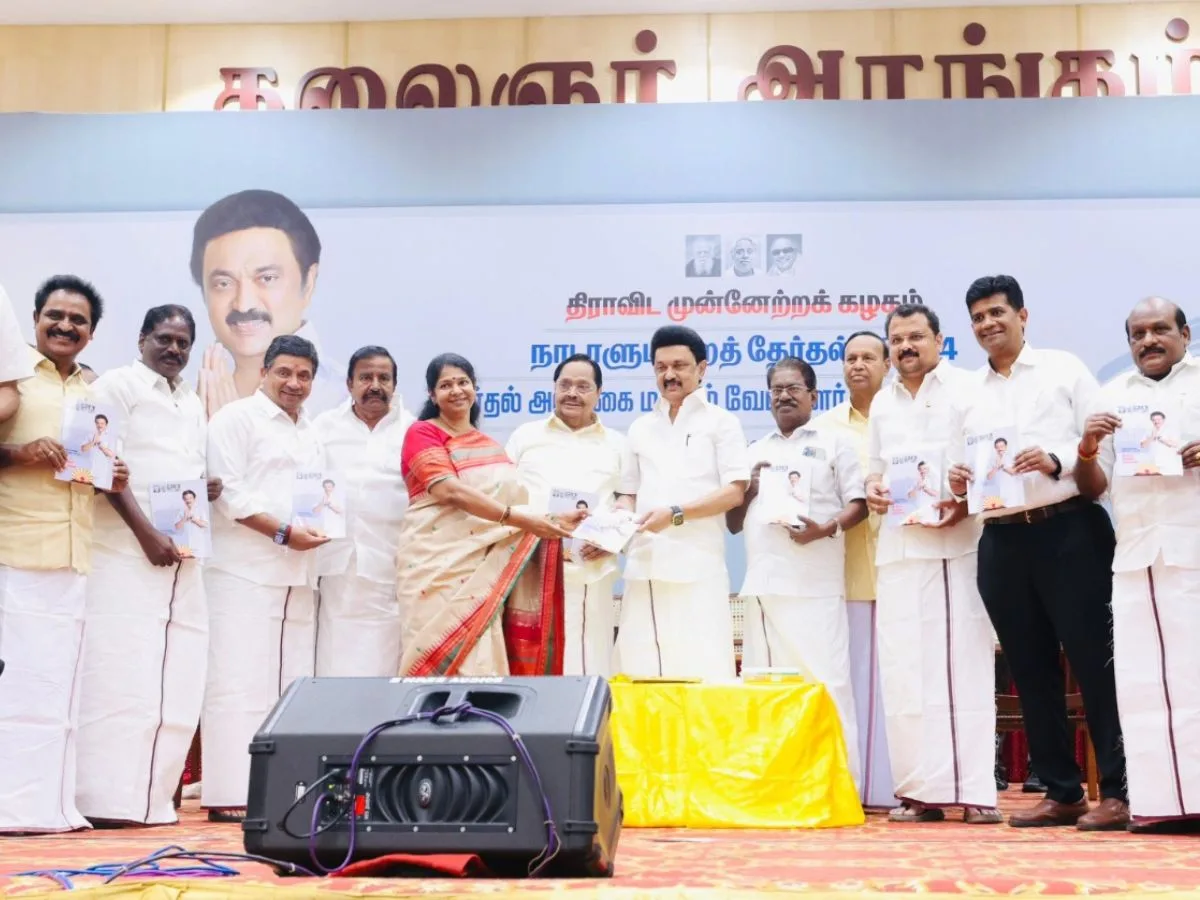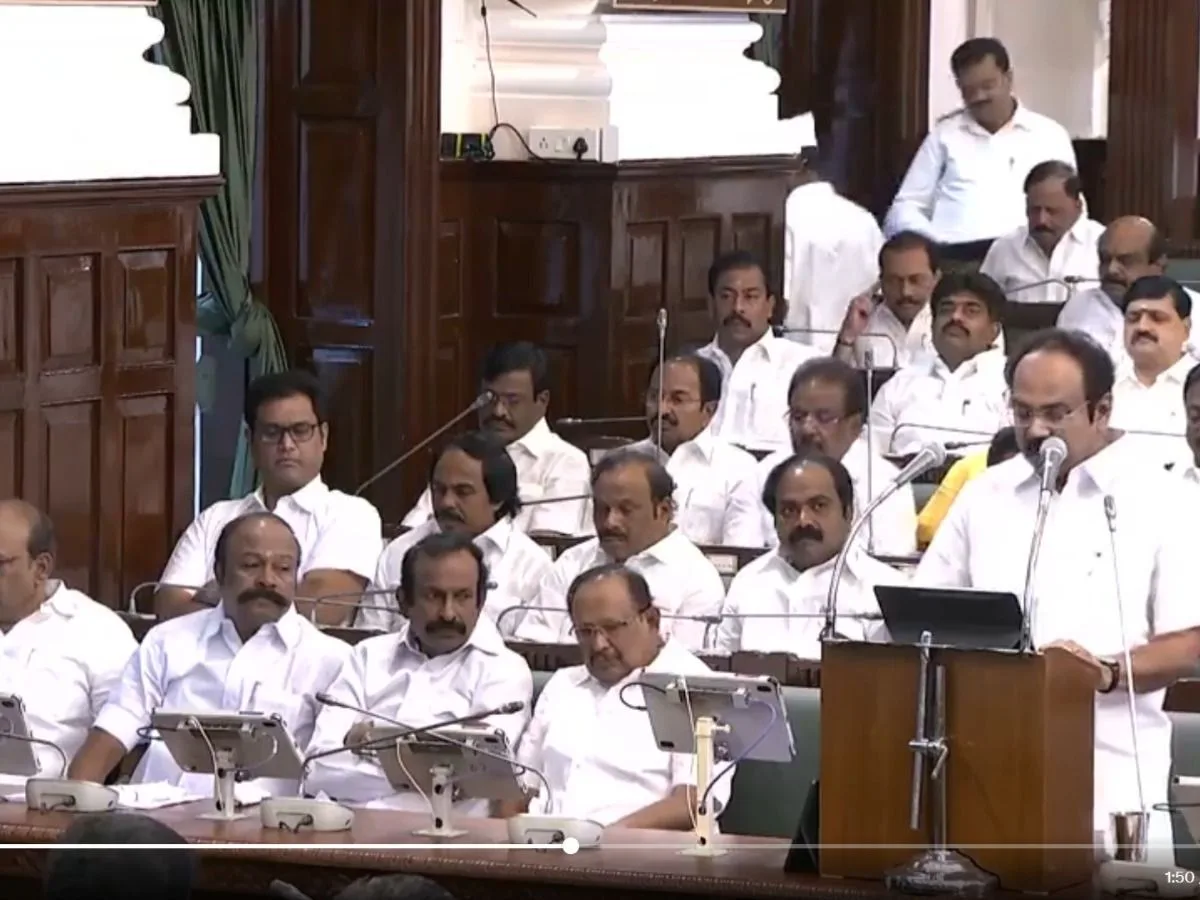Read in : தமிழ்
The newly-elected president of the DMK, M K Stalin will not be as towering a personality as Muthuvel Karunanidhi. However, he will be seen as a more inclusive leader than his father. Stalin doesn’t believe in berating those who have faith in God and religion, especially Hinduism, which practice antagonized several sections of society and alienated them from the DMK.
In that sense, Stalin will lead the DMK on a new path of inclusiveness, which was the strength of parties like the AIADMK and the Congress.
Stalin himself stated that a “new chapter” had been launched in the history of the DMK. “Let us believe that we have been born afresh” he said, giving a hint to party personnel to stop harping on dead issues and dogmas which only hindered its growth.

Durga, wife of Stalin, at a temple function.
Stalin’s wife Durga and sister M K Selvi are regular visitors to temples in different parts of Tamil Nadu. Stalin doesn’t want to carry the baggage of atheism even while continuing the Dravidian party with its traditional mornings.
Stalin, speaking at the general council meeting shortly after his election as president, said the party was not against believers.
DMK sources say it’s not something new as DMK founder C N Annadurai had himself said the party believed in the dictum ‘One God, one creed’. However, Karunanidhi himself, when asked in an interview whether this meant that the DMK believed in God, said Devan meant Nature not God as far as the party was concerned.
In the past, Karunanidhi’s vitriolic statements, like even Lord Ganesa needs police protection or was Rama an engineer when it came to the origin of the Sethu bridge linking Rameswaram and Lanka, had not gone done well among many Hindus who felt they were being discriminated against by the DMK.
They pointed out to DMK leaders participating in religious functions of Muslims and Christians while avoiding Hindu religious functions.
At the same time, DMK leaders always believed that Karunanidhi wanted to continue Periyar’s fight against superstitions in religion and untouchability, and maintain the Dravidian plank even if some persons saw it as anti-Hinduism.

Stalin being received by priests with temple honours during his visit to the Ranganathan temple in Srirangam.
However, the DMK’s criticism of Hindu religion and temple administration on one hand, and its eagerness to occupy posts of trustees in temples smacked of a contradiction which had no ready answers, except to say that the DMK wanted temple administration to be freed from the clutches of a coterie or a community. In the process, the DMK image of a rationalist party got blurred. DMK leaders were seen at temples and there were also charges of misuse of temple property including buildings and lands. The DMK’s plank of rationalism thus got diluted and it was seen as hollow and even hypocritical when it came to matters of religion. The use of a yellow shawl by Karunanidhi worsened his image among rationalists. The DMK ended up falling between two stools, satisfying neither the rationalists nor the believers.
Stalin wants to strike out a new path of inclusiveness and hatred towards none, and therefore should have wider acceptance among the masses. It is a fact that the DMK had not been able to attract youth in large numbers for various reasons including lack of inclusiveness, appeal of film stars for their own parties, and the pan-India image of AIADMK leaders like MGR and Jayalalithaa.
Already, Stalin has reached out to various communities and parties irrespective of their ideology. Shedding any trace of bitterness, Stalin had participated in the swearing-in ceremony of Jayalalithaa, called on ailing leaders of various parties, paid last respects to A B Vajpayee in New Delhi and also visited the BJP headquarters to pay homage to Vajpayee when his ashes were brought to Chennai.
Stalin has also been able to forge a bond with various parties which were not part of its alliance, and appears to have won many more partners in the DMK-led alliance than Karunanidhi. The Left parties, which quit the DMK front in 2009, seem to be inclined to return to this combine again, after a gap of nearly 10 years.
Newly-elected treasurer of the DMK, Durai Murugan made a significant remark that Karunanidhi had met a lot of opposition even within the party while becoming president, but Stalin had earned the approval of everyone in the party through his policy of consensus to become the common choice for presidentship.
For all of Karunanidhi’s guile and experience, he could not increase the party’s vote-bank beyond the 25 per cent margin. Even when the party returned to power after 13 years in the wake of MGR’s death and the instability that gripped the AIADMK, DMK secured only one-third of the votes yet gained majority due to the first-past-the-post system. The victories of the DMK from 1996 have been largely attributed to powerful alliances that were established. The AIADMK, on the other hand, had been able to win 37 out of 39 Lok Sabha seats in Tamil Nadu in the 2014 elections and a majority in the State Assembly elections in 2016, virtually going it alone, on its own strength.
Stalin is seeking to expand the party base and win over sections which felt a sense of alienation in the past. He has his task cut out in his bid to make the DMK inclusive, but with the entire party backing him, Stalin would continue on the path of reach out.
Read in : தமிழ்
